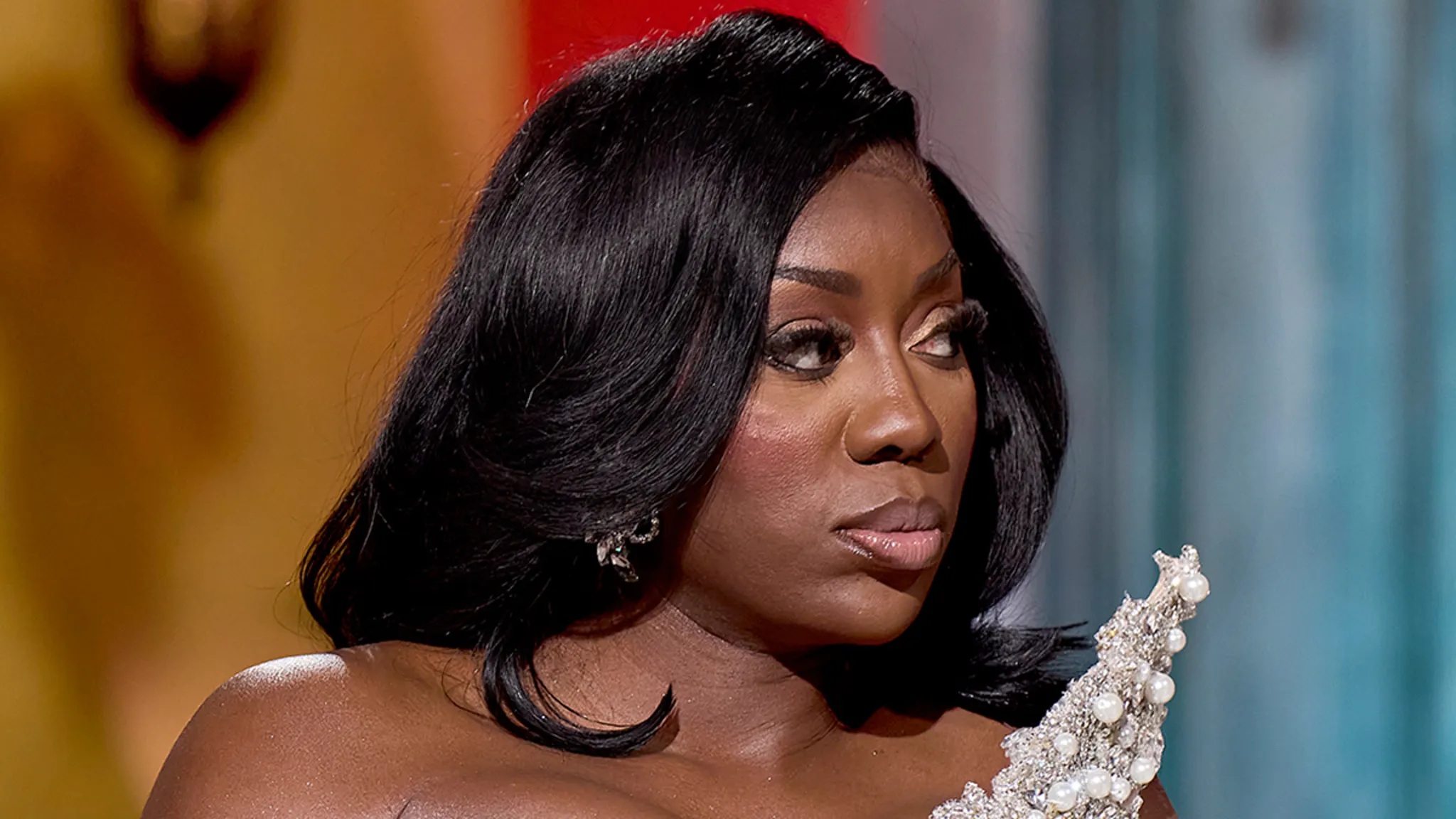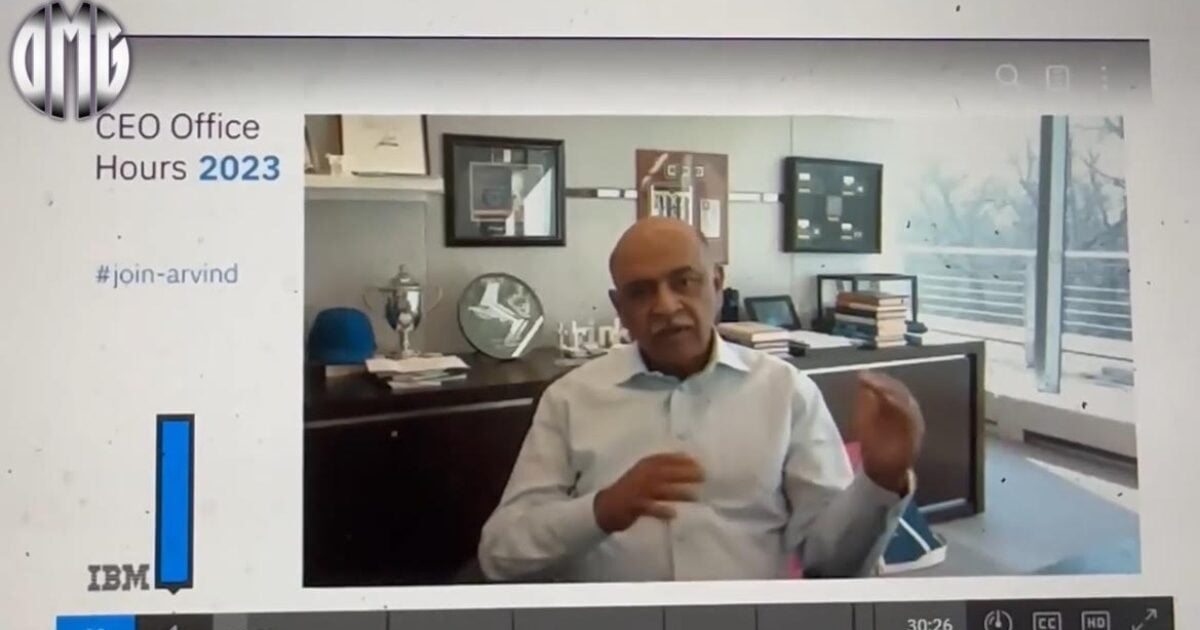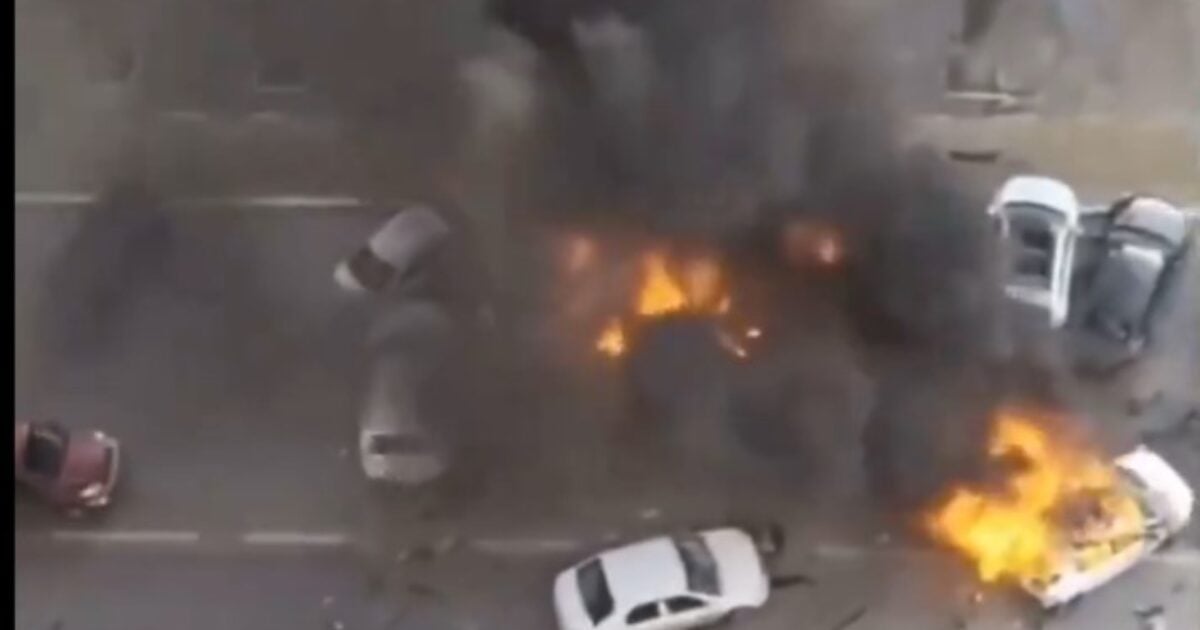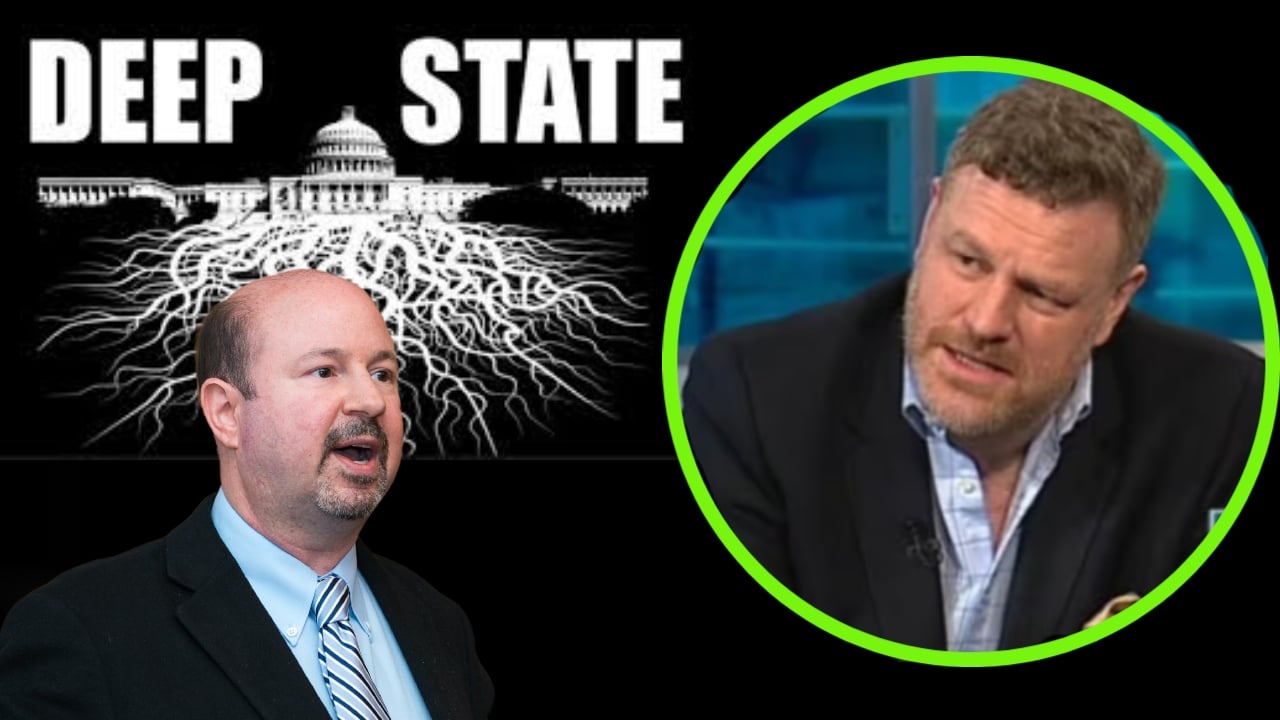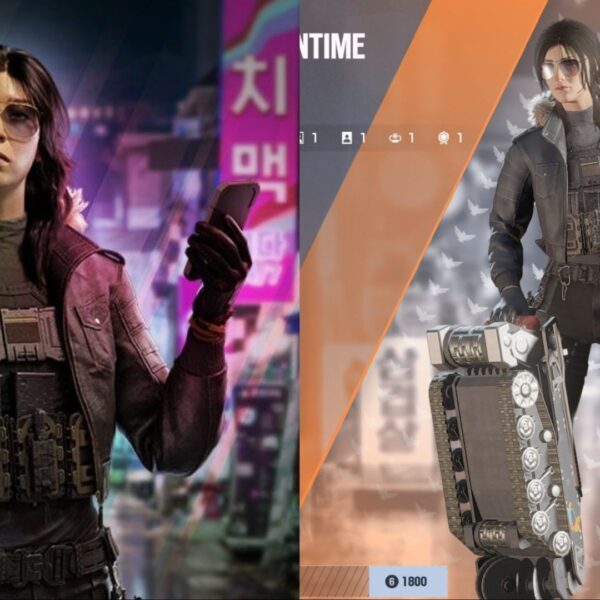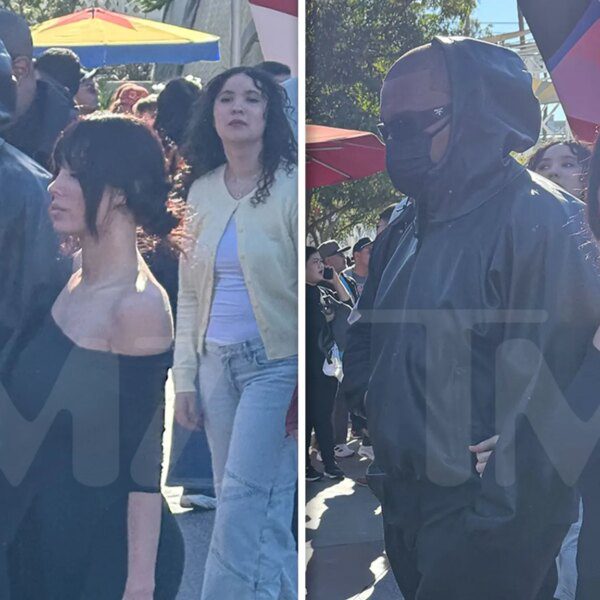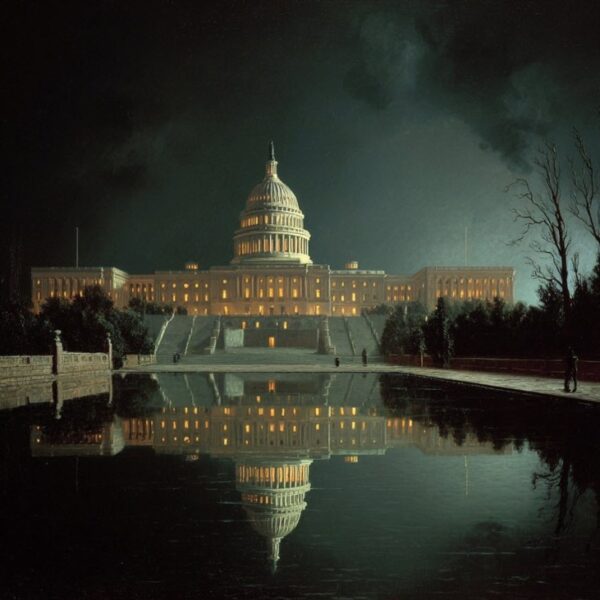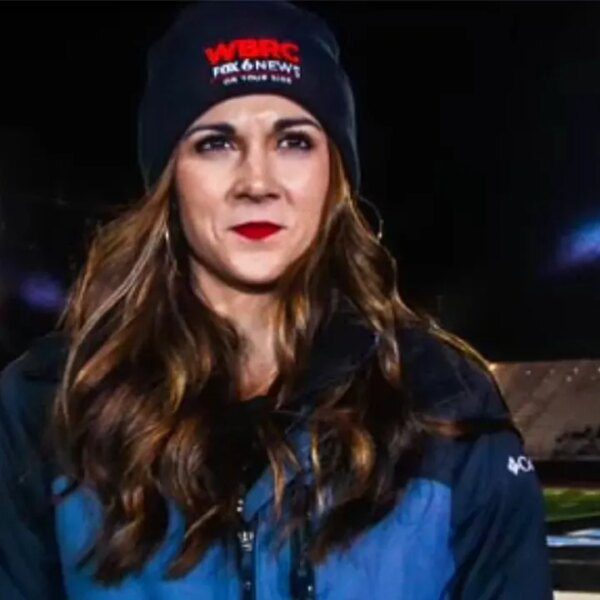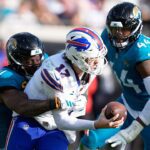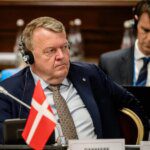
The sign outside the book fair in Qamishli, Rojava, Syria, was written in three languages, Kurdish, Arabic, and Assyrian, just like all official documents in Rojava. Assyrian, a language closely related to that of Jesus, is one of several tongues officially recognized by the Autonomous Administration of North and East Syria (AANES). This three-language policy reflects the genuine inclusiveness of Rojava’s multiethnic government, where Kurds, Christians, Arabs, and other minorities live in relative harmony and enjoy representation in governance.
The fair’s organizer explained that the event has been held every year, even under the Assad regime. “But in the last two years it’s become difficult,” he said. “The government doesn’t allow international authors to fly into Damascus and come here, or authors from other parts of Syria to travel to Rojava.” He added that under the new government in Damascus, “books are not a priority.”
Syria’s new leader, Al-Sharaa, and his extremist administration, linked to al-Qaeda and ISIS, have shut down the country’s music institute, calling it haram (forbidden), and closed the art museum. These moves recall the same extremist ideology, during the years of battling ISIS, that once smashed statues and destroyed paintings depicting human figures, claiming they violated religious law.
By contrast, Rojava, which maintains a democratic and secular government, continues to promote literature and the arts. “There are fifty-one book distributors participating in this fair,” the organizer said proudly. “More than 140,000 books and 13,700 titles are here, and about half of them are in Kurdish.”

A Kurdish woman attending the fair explained why that mattered so deeply. “In the regime’s time, it was forbidden to even use Kurdish language,” she said. “If they saw you with a Kurdish book, they would arrest you instantly.” She added, “Now, there are programs teaching traditional Kurdish music and dancing to schoolchildren.”
For decades, Kurds were denied recognition and cultural rights. Even changing the country’s official name to the Syrian Arab Republic was an act of exclusion, implying either that everyone in the country was Arab, which erased Kurds, Christians, and other minorities, or that minorities simply had no rights, which was largely the case.
That legacy of exclusion is one reason Rojava maintains its own military. Protected by the Syrian Democratic Forces (SDF), minority languages and cultures can survive.
“Now you can see many books translated into Kurdish,” the organizer said. “Even English and Arabic books are being translated into Kurdish.”
Apart from Kurdish, the fair featured books in English, Arabic, Syriac, and Armenian. At one table, I found an Arabic translation of one of my favorite books, A Farewell to Arms. My translator laughed and said, “Come back next year, we’ll have a Kurdish version for you.” Nearby, another publisher proudly displayed children’s books written in Kurdish, the first company in Rojava to do so.
Kurdish uses the Latin alphabet and is written from left to right, unlike Arabic, which is written from right to left. Because Kurdish was effectively outlawed under the Assad regime, many adults can speak the language but cannot read or write it. Now, children are learning to read and write Kurdish in their local schools.
One of the books on display told the story of Newroz, the most important Kurdish holiday, marking the New Year and the arrival of spring. Celebrated on March 21, Newroz symbolizes renewal, freedom, and resistance against oppression, with bonfires, dancing, music, and traditional clothing. Under the regime, however, ethnic celebrations like this were strongly discouraged.

There was a book stall promoting books on women’s studies. Qamishli is also home to a powerful women’s organization, the Women’s Council of North and East Syria, which was instrumental in drafting the region’s constitution and securing legal protections for women. Such institutions would never be allowed in Damascus-controlled areas, where women have only two constitutional rights, to study and to work, but no other statutory protections.
In fact, there is only one woman in the Damascus government, a Christian who heads a minor secretariat with no real power. As both a woman and a Christian, she conveniently checks two boxes, allowing Damascus to claim diversity.
Johanna, an Armenian Christian displaying his collection of Christian books, spoke about life under the former regime. Now around sixty, he explained that Christians were allowed to maintain their own schools, as they do today in Rojava. “But for Yazidi people, they were not Muslim, yet they had to study Islamic education in school because there was no Yazidi school. Our language too was only Arabic. They made everything Arabic, even the name of Syria. It’s still the Syrian Arab Republic, but we are not Arab. We are Christian, we are Kurdish, we are this, and now we have free language everywhere in Rojava.”
He added with a laugh, “There was a football team called Jihad. Jihad means to fight. How can they call a football team Jihad? They should call it AC Milan!” Then, turning serious, he said, “They played football and shouted Allahu Akbar. We couldn’t live like that.”
Johanna also said, “If not for Israel, the Druze people wouldn’t be here,” referring to the recent massacre by extremist forces linked to the Damascus government, who killed an estimated thousand or more Druze in June. “The same happened to Christians,” he added, citing the June 22, 2025, suicide bombing at the Mar Elias Church in Damascus, where an Islamic State militant opened fire during Mass before detonating an explosive vest, killing at least 22 people and wounding more than 60.
Johanna concluded, “This is why I love living under the present self-administration in Rojava. The people here, Christians, Kurds, they are all civilized people. They don’t ask for blood.”
Like many others in Rojava, he was quick to emphasize that they still consider themselves Syrian and want to retain Syrian nationality, but they also want to preserve their ethnic identity. “Syrian people, civilized people. Great people,” he said.
Aram Hanna, a Christian soldier with the SDF, echoed similar sentiments. He said he wants all of Syria to have what they have in Rojava. “We are all free to have our culture, our language, and our celebrations,” he said.
By contrast, the Damascus government under Al-Sharaa seeks to merge religion with the state and erase Kurdish, Assyrian, and Christian identities, while stripping women of their rights. This is why the SDF must retain their weapons and defend their territory.



